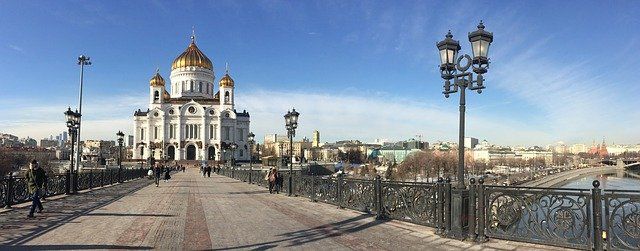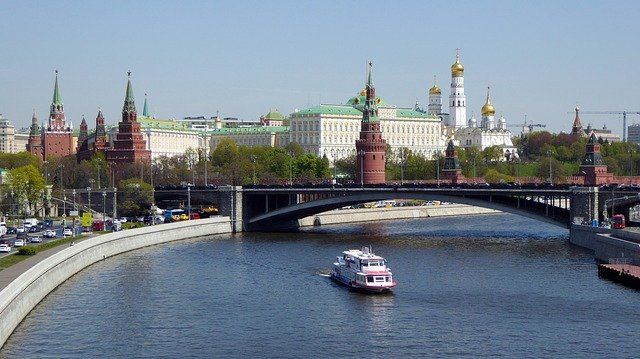
The Baptist movement in Russia gathered pace during the final thirty years of the nineteenth century. During this period some 160,000 evangelical believers were brought into God’s kingdom. This was despite persecution firstly by the Tsar and then, more especially, by the Communists.
State oppression
Baptists, with their notions of religious autonomy, were viewed by the governing authorities as a dangerous group and were more fiercely persecuted than other believers.
In the early twentieth century the new State religion was Leninism, a false religion to which faithful Christians refused to conform.
In 1929 the State promulgated the Law of Religious Cults, aimed at closing down all churches. No children were to be allowed into churches. Church work among young people, and indeed any evangelism, was forbidden. Many other restrictive regulations were introduced.
Within ten years all Evangelical churches were closed and ministers were either killed or imprisoned.

With the coming of the Second World War the Soviet Union occupied the Baltic countries, West Belarus and West Ukraine – themselves places of evangelical awakening during the 1930s.
However, the Soviets did not have enough time to eradicate believers in these areas, because within two years the German armies had occupied these territories.
Infiltration
In 1944, the Soviet government, having regained control of these areas, set up a Religious Affairs Department under the control of the KGB, to oversee and regulate the activities of churches.
The KGB set out to find, among imprisoned pastors, any who might be ready to work with the regime. In exchange for a relaxation of persecution, these men had to agree to prevent church work among children and young people, and to keep the number of baptisms within a low, prescribed limit.
The Soviet government initiated the creation of the Union of Evangelical Christians and Baptists (the ‘Baptist Union’) in order to further these policies.
There were, however, other groups of churches that would not submit to KGB oversight. These ‘unregistered’ churches were bitterly persecuted, right up to the fall of the Soviet system.

In reality, the unregistered churches were persecuted at the hands of the State especially through supposed brethren, the compromised leaders and pastors of the government-inspired ‘Baptist Union’.
Pressures
Today, the legacy of this infiltration remains in nations such as Belarus and the Ukraine.
Some leaders within the Baptist Union hierarchies are opposed to independent, reformed Baptist churches. They are suspicious of the doctrines of grace, and outrightly antagonistic towards the biblical doctrine of the perseverance of the saints.
Pressure on Evangelicals also continues to be exerted by national governments and the Russian Orthodox Church.
The character and scale of ‘persecution’ from each of these groups may, of course, vary in intensity. But a spirit of domination and hostility remains.






